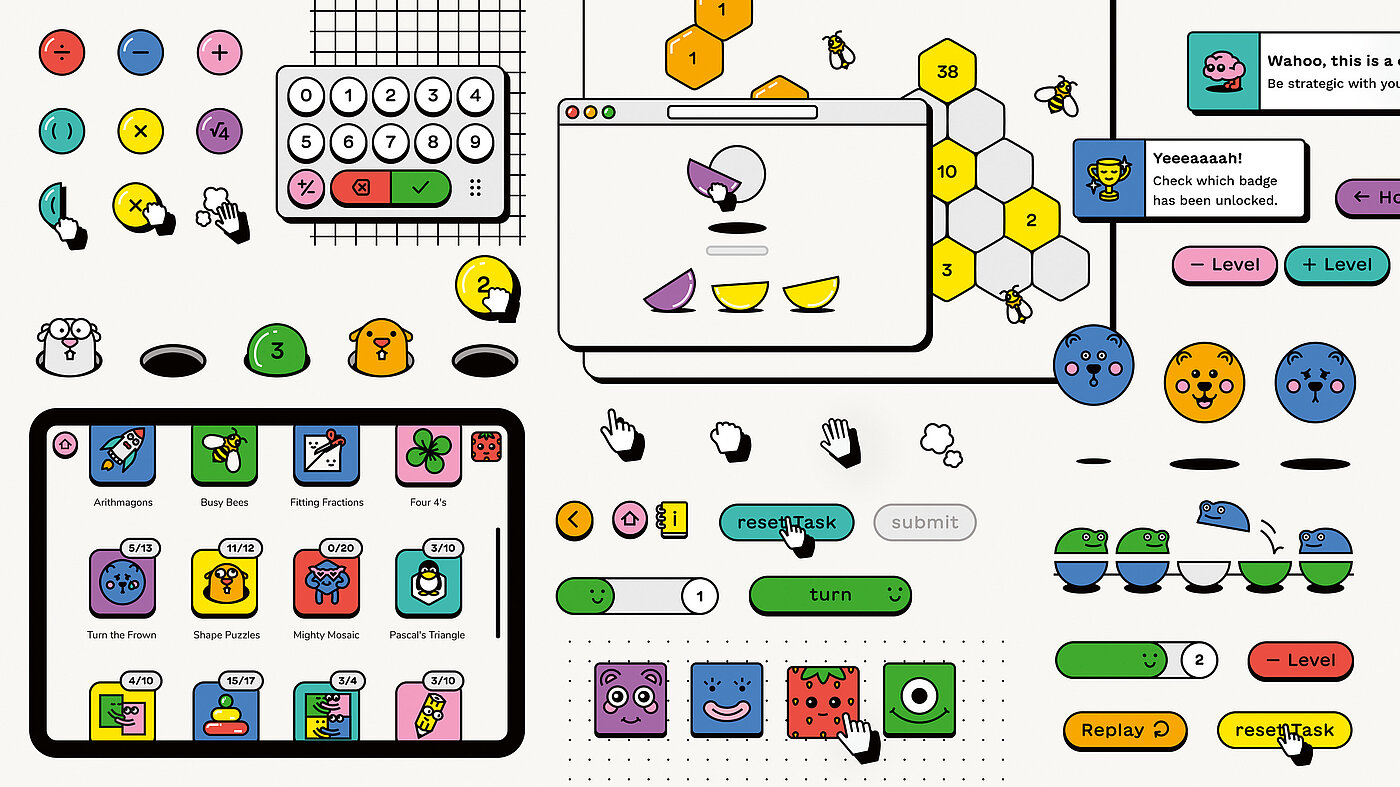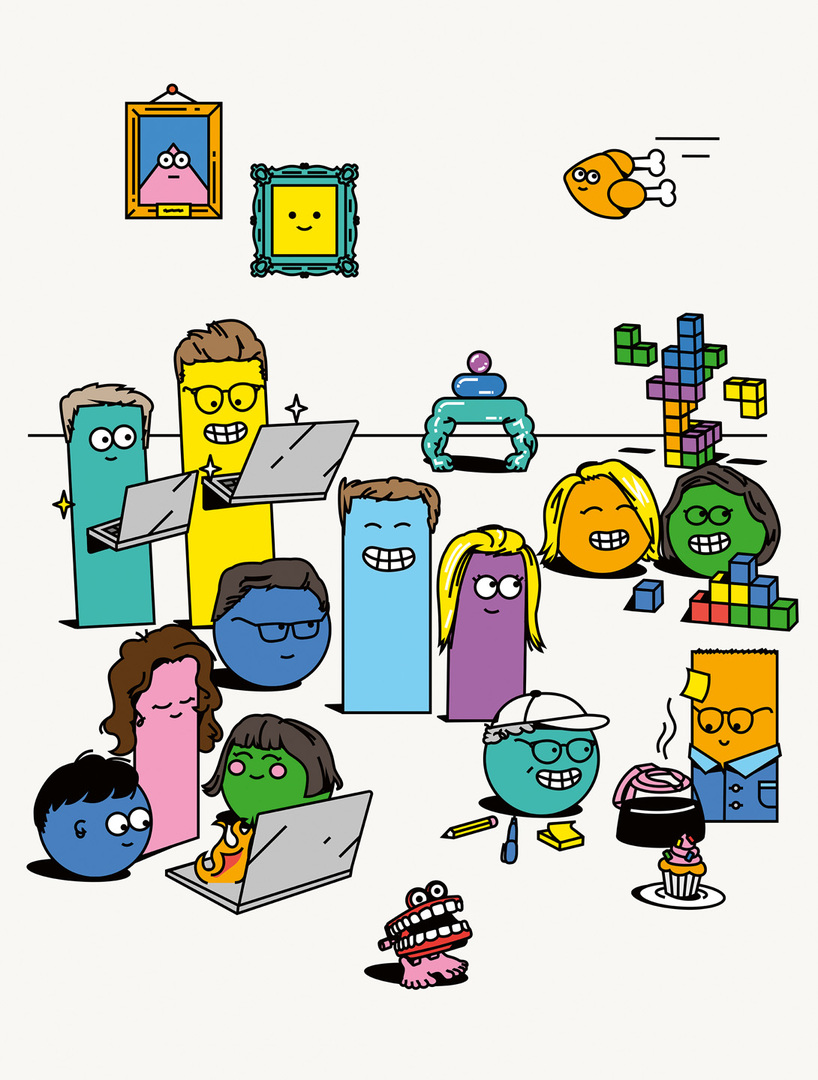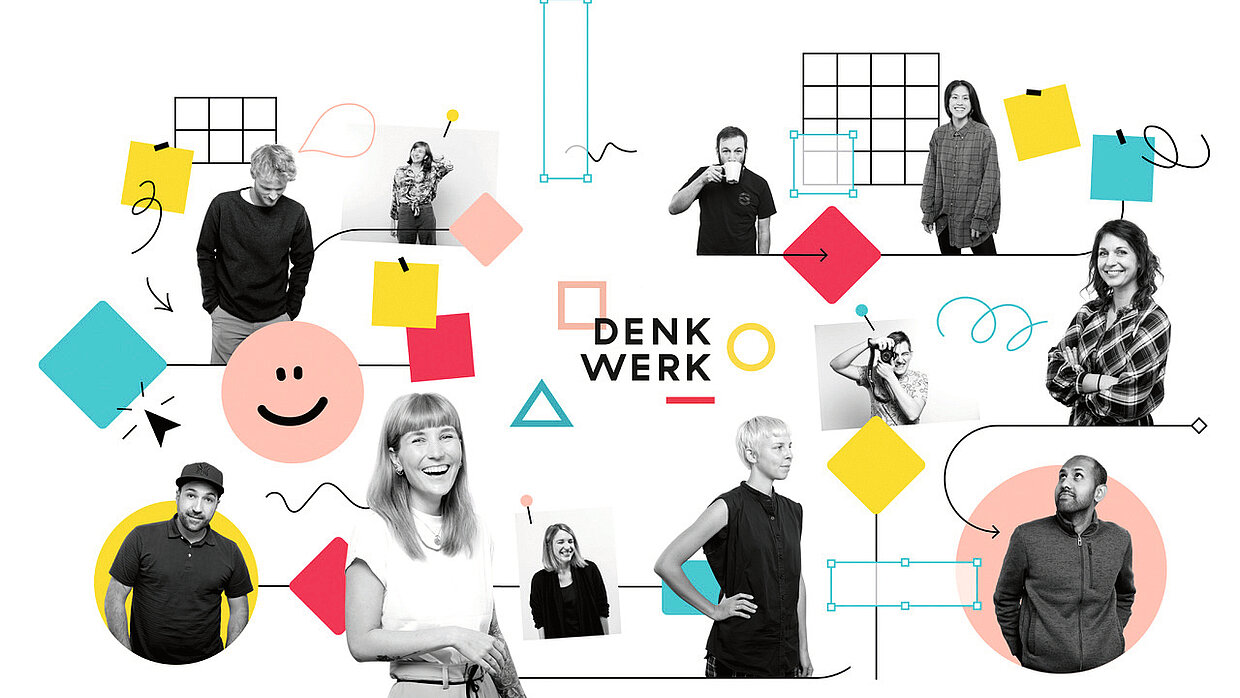
denkwerk

The owner-managed digital agency denkwerk employs experts from 28 nations at its four offices in Germany. The agency’s creative consultants develop solutions by rethinking the status quo. Uniting strategy, design, technology and communication, they support clients in projects related to digital transformation with the aim of creating better future prospects. The web app Struggly, created by denkwerk, not only encourages children to learn; it also offers them a fun way to independently explore mathematics that boosts confidence in their own abilities.
Interview with denkwerk
Red Dot: Can you tell us a little bit about the project background?
denkwerk: Currently, only 37 per cent of fourth graders in the U.S. meet the minimum standards for mathematical literacy, to cite just one example. Although e-learning applications have been around for years, too many of the new digital solutions are still based on traditional learning methods. This is something we must change if we want to see student performance improve – and it was our starting point for the development of Struggly.
What makes this maths app special?
Struggly is a new digital learning platform that combines three high-impact research spaces in a unique digital learning experience: neuroscience, mathematics education and growth mindset. Students focus on mathematics through the lens of skills like strategy, creativity and persistence. The platform is all about joyful exploring within an inspiring and engaging environment, which helps students to grow in confidence when it comes to their intellectual abilities.
What aspects of the design were particularly important to you?
Our goal, and also the challenge, was to incorporate the beauty of mathematics into the design and to create something that not only appeals to children’s imaginations but also persuades them of its benefits and wins over their parents. We integrated game design insights into the development of a tool that children really enjoy using and interacting with. Struggly offers a unique, entirely self-explanatory learning experience that makes children curious about mathematics.
In your eyes, what is the future of e-learning and how can design support it?
Very few research findings have been implemented in e-learning offerings up to now. Instead, e-learning providers have usually focused on the cost-effective digitisation of books. However, today’s children live in a world full of exceptionally well-designed games and entertainment products, and this ought to be reflected in teaching materials as well. An excellent user experience captivates children, and good design entertains them and helps them to enjoy the learning process.


